Dizengoff Street is one of the busiest thoroughfares in Tel Aviv, a strip of bars, restaurants and Bauhaus architecture that is typically bustling with young people on a Thursday evening. Last night, it was the scene of the latest Palestinian terror attack when a gunman opened fire outside the Ilka bar, killing three and wounding nine. One of those killed was Olympic kayaker Barak Lopen, who represented Israel at Beijing 2008 and London 2012. In the past two weeks, 14 Israelis have been killed by a mixture of Palestinian and Israeli-Arab terrorists. For comparison, there were 17 terrorism-related fatalities in the entirety of last year.
I asked on Coffee House last week if Israel was in the midst of another wave of terrorist violence. Dizengoff Street answers that question. The shooter, Ra’ad Fathi Hazem, was a 28-year-old from the Jenin refugee camp in the West Bank. After firing on the bar patrons, he led the police on a chase to Jaffa where he hid near a mosque. When officers tracked him down, he opened fire and was then killed in the ensuing gun battle. His family has praised his actions, with his father saying: ‘You will see the victory soon… God, liberate the Al-Aqsa Mosque from the occupiers.’
The next question is what scale this terror wave will amount to. In the almost two decades since the second intifada, significant outbreaks of Palestinian terrorism have raised Israeli anxieties about the imminence of a third intifada. It is too early to know what to call this current surge in violence but if the attacks continue at their current pace those anxieties will heighten. This is, of course, one of the central objectives of terrorism.
That the violence is coinciding with Ramadan is an echo of 2021, when the lead-up to the holy month brought rioting on the Temple Mount in Jerusalem, unrest in Arab-Israeli towns and Hamas rocket fire from Gaza. In advance of Ramadan 2022, all the main Palestinian terror organisations called for an escalation of ‘resistance’. Another date looms on the calendar: 15 May, Israeli Independence Day, which Palestinians mark as the Nakba or ‘catastrophe’. Violence is not uncommon. Israel’s security services now must contend with a tinderbox situation.
For Israel’s Prime Minister, Naftali Bennett, there is political danger, too. His groundbreaking left-centre-right-Arab coalition lost its majority earlier this week when the government’s chief whip resigned. The right-wing Likud opposition is climbing in the polls and former prime minister Benjamin Netanyahu, ousted by Bennett’s coalition a year ago, will be ruthless in his attempts to regain power. Bibi’s record on security is decidedly mixed but playing up his tough guy image could produce rewards if public alarm grows over this latest spate of killings.
The days and weeks to come will be precarious for Israelis and for their Prime Minister.
Got something to add? Join the discussion and comment below.
Get 10 issues for just $10
Subscribe to The Spectator Australia today for the next 10 magazine issues, plus full online access, for just $10.

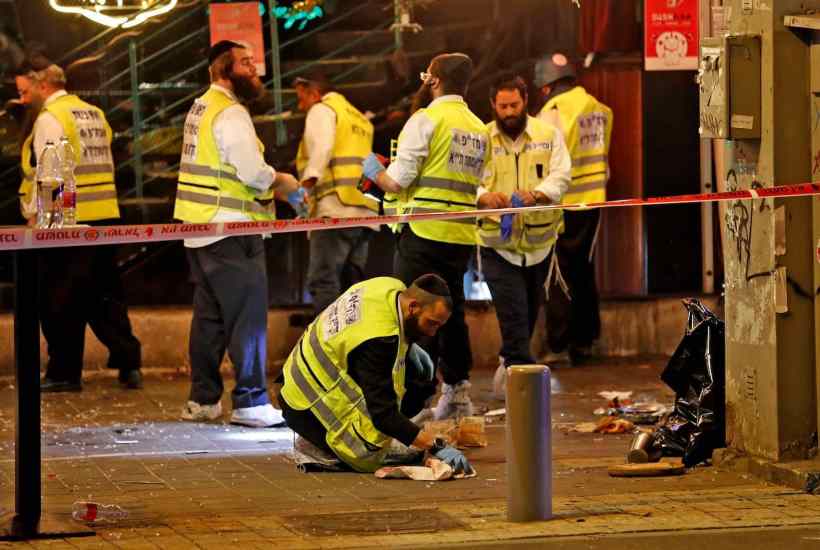
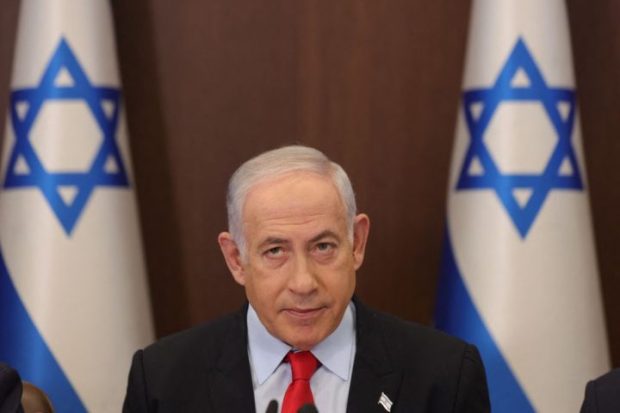
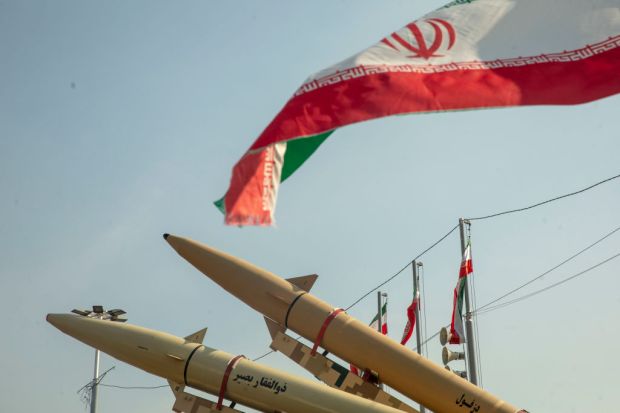


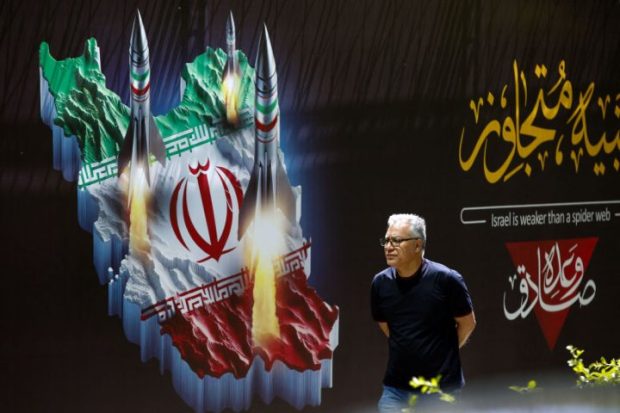
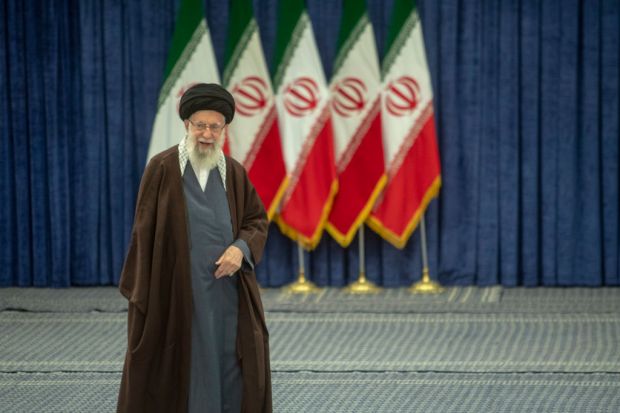












Comments
Don't miss out
Join the conversation with other Spectator Australia readers. Subscribe to leave a comment.
SUBSCRIBEAlready a subscriber? Log in